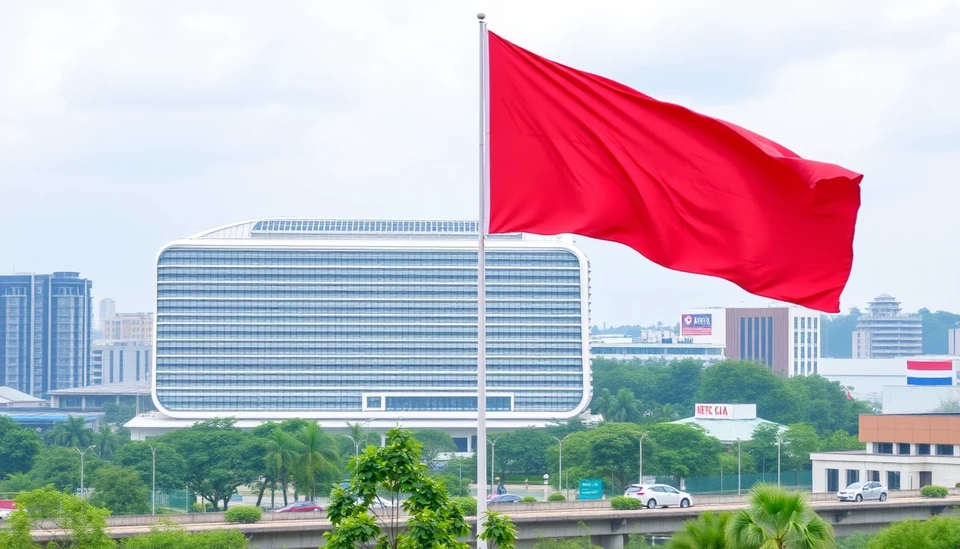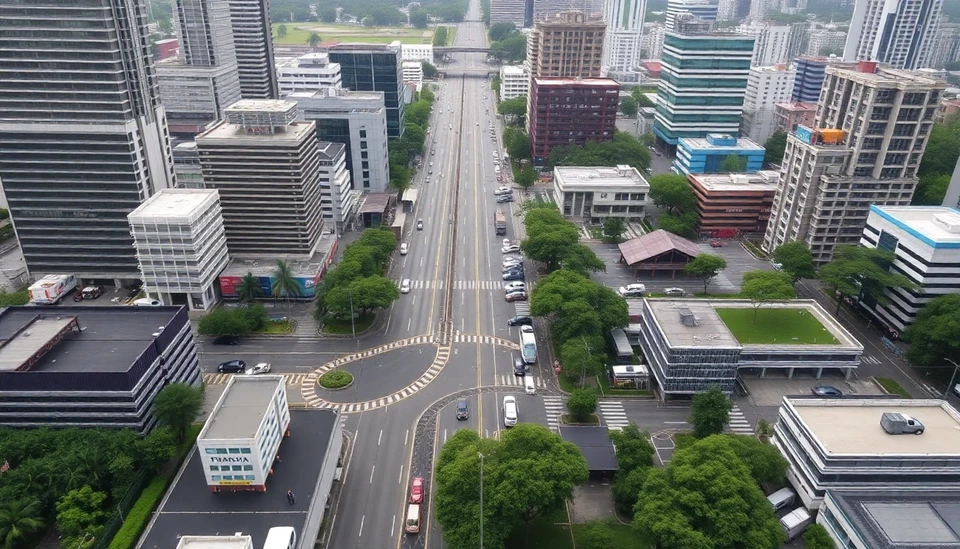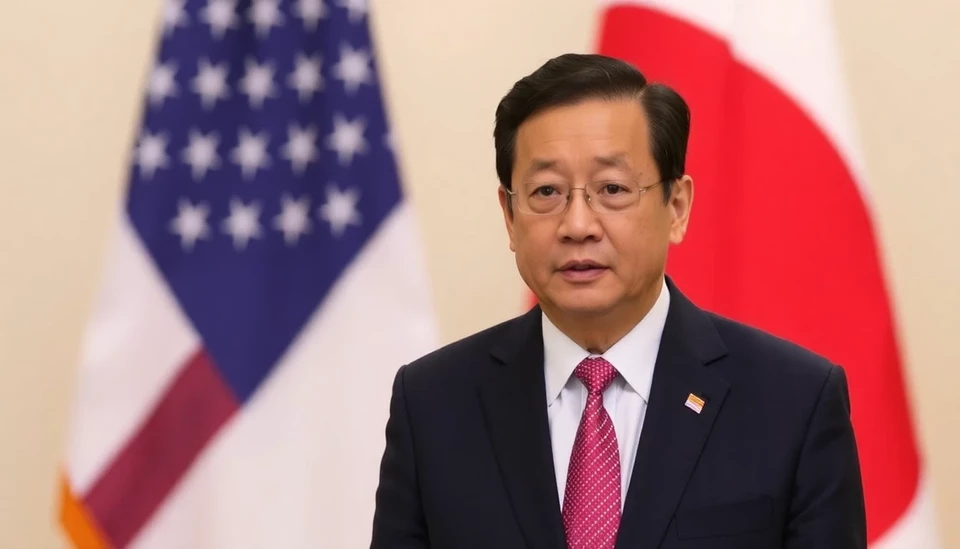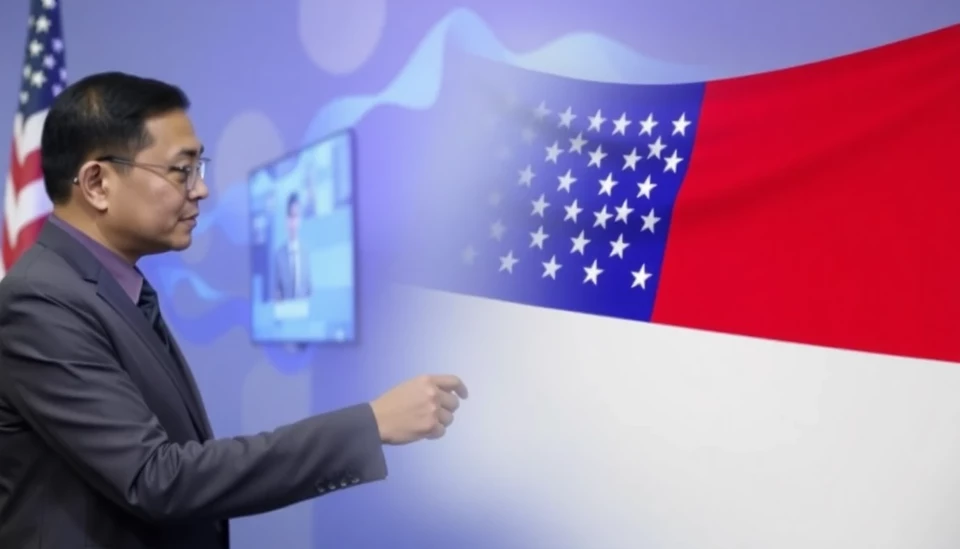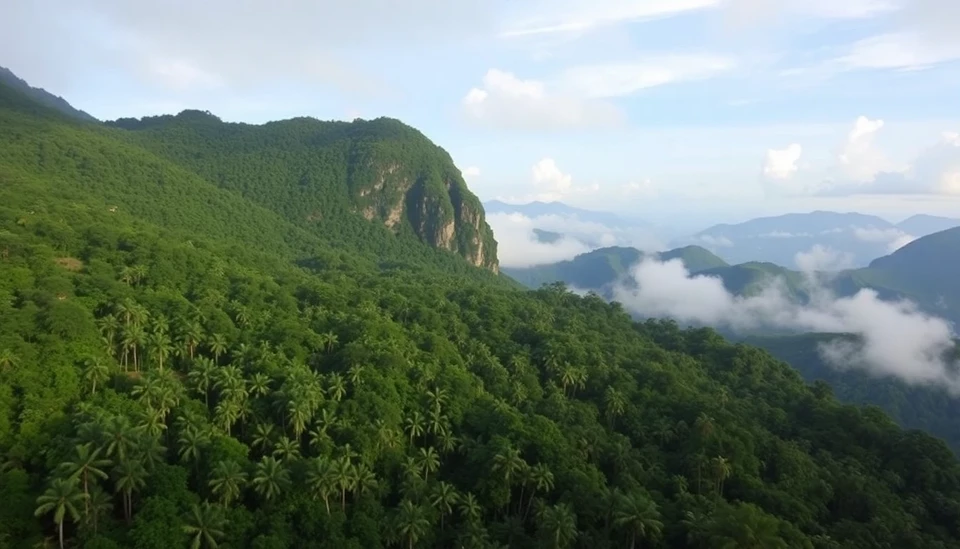
Indonesia, a country known for its lush rainforests, is poised to become a pivotal player in the global carbon offset market. As environmental concerns intensify across the globe, this Southeast Asian nation is tapping into its vast natural resources to not only combat climate change but also to provide significant economic opportunities through jungle conservation efforts.
The transformation of Indonesia’s jungle into a marketable asset is the result of innovative carbon credit initiatives aimed at safeguarding its abundant forests from deforestation and degradation. With looming deforestation activities threatening these ecosystems, the Indonesian government has begun to implement strategies that monetize the carbon dioxide absorption capacity of its rainforests. This approach not only preserves biodiversity but also furnishes new income streams for local communities.
A key component of this initiative is Indonesia’s commitment to reduce greenhouse gas emissions, projected to reach substantial reductions by 2030. By engaging local communities and stakeholders in conservation projects, the country is leveraging its rich biodiversity and stable climate to create carbon credit sales that could entice international clients, especially in regions with stringent carbon emission regulations like Europe and North America.
Major cities and industries face mounting pressure to meet climate goals, which has placed a premium on environmental sustainability. This shift is vital for Indonesia as it seeks to position itself as a significant supplier in the burgeoning market of carbon credits — digital assets that represent the mitigation of one ton of carbon dioxide emissions.
The potential for financial investment in these rainforest projects could not only bolster Indonesia’s economy but also create a sustainable model that empowers indigenous peoples and rural communities. In areas where traditional means of livelihood are dwindling, the Carbon Offset Market could provide a reliable source of income through sustainable forestry practices, eco-tourism, and environmental protection efforts.
Local tribes and communities have expressed cautious optimism regarding these new developments, as they bring both opportunities and challenges. On one hand, there’s excitement surrounding potential funding for conservation projects; however, there are also concerns about the control over land use and the long-term ramifications of relying on foreign investments to sustain these projects.
Experts warn of the pitfalls associated with the rush to monetize ecosystems without ensuring fair practices and local engagement. There’s an urgent need for transparent frameworks that prioritize the rights of local communities while fostering a collaborative approach to resource management.
As the world watches how Indonesia navigates this burgeoning carbon offset market, it remains a crucial litmus test for balancing economic opportunity with ecological responsibility. Success could set a precedent for other tropical nations grappling with deforestation and climate change.
#Indonesia #CarbonOffsets #JungleConservation #ClimateChange #Sustainability #GreenEconomy
Author: Megan Clarke

